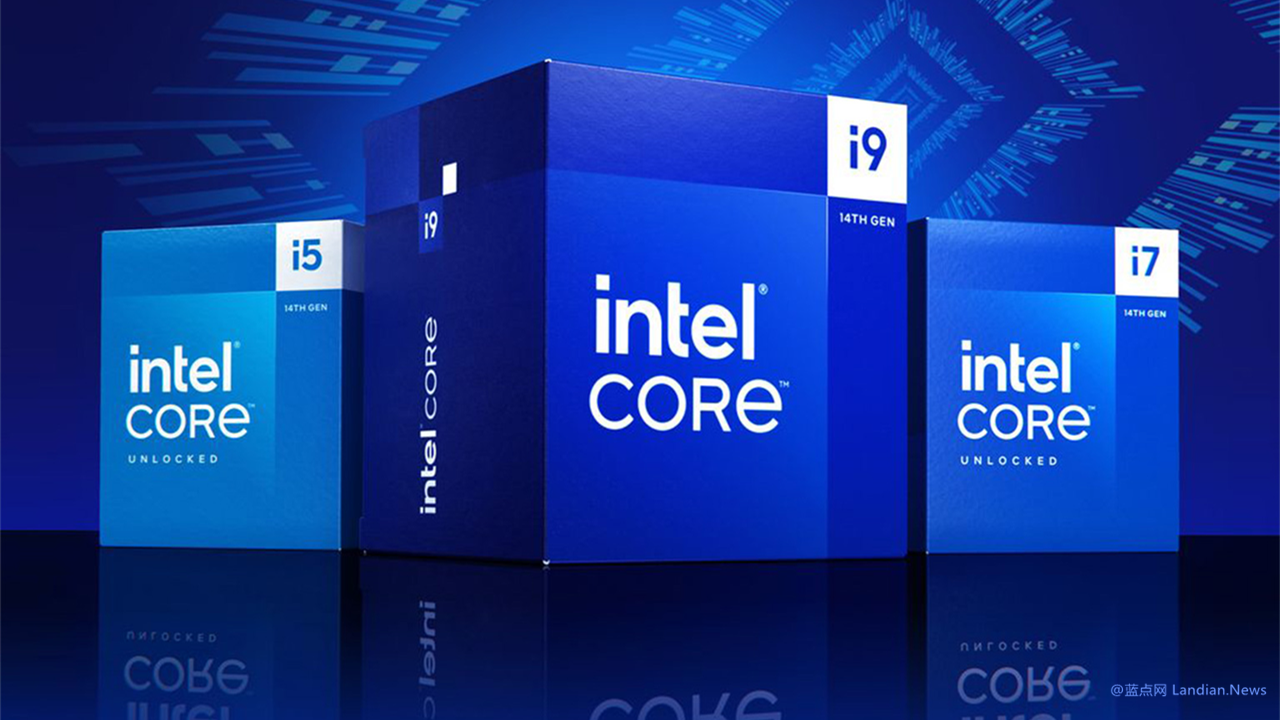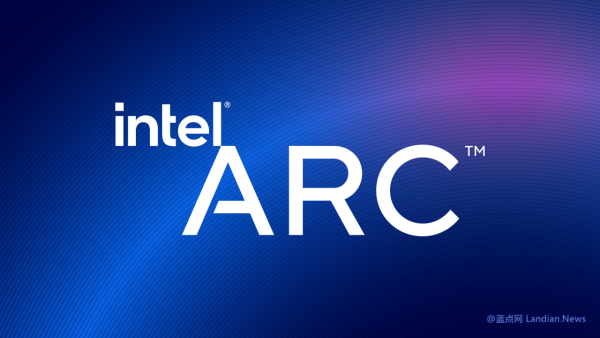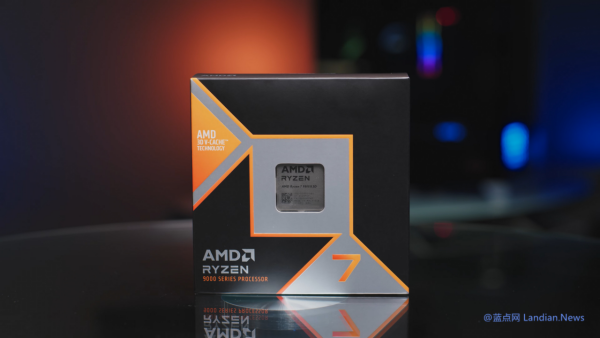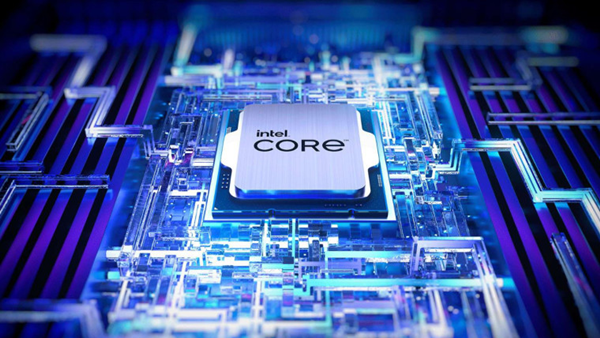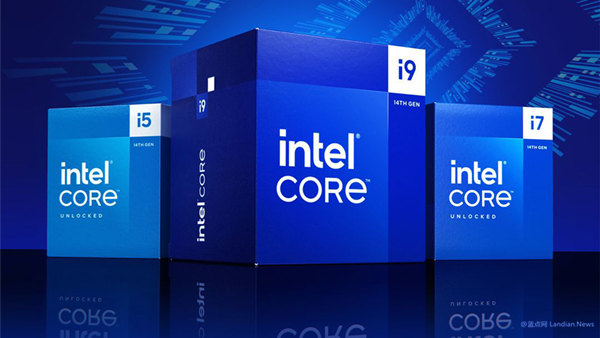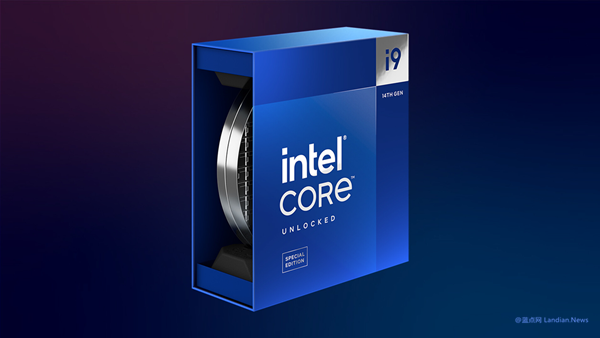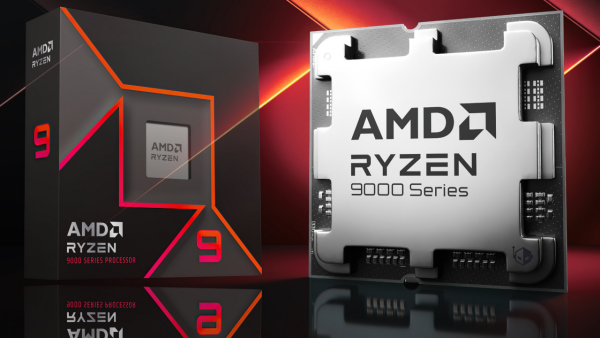Intel Assures: No Performance Drop with 13th/14th Gen Core Microcode Updates!
Manufacturers like ASUS and MSI have begun rolling out new BIOS firmware updates for the Z790 series motherboards since August 9. These updates aim to revise the microcode for the 13th and 14th generation Core desktop processors, addressing previous errors in the microcode that caused CPU voltages to spike, leading to potential damage.
The new version of the microcode update is labeled 0x129. Traditionally, microcode updates released by Intel have resulted in decreased processor performance. So, does this microcode update affect processor performance?
According to details released by Intel, the microcode update will cap CPU voltage at 1.55v, which is the highest voltage Intel considers safe for optimal performance without damaging the CPU.
Intel's internal testing revealed that the new microcode update does not impact performance on Raptor Lake processors. However, performance in the Dartmoor mission of the Hitman 3 game might be slightly affected. Intel notes that system performance depends on configuration and several other factors.
Currently, Raptor Lake processors can reach maximum frequencies of 6~6.2GHz, and the microcode update will not affect overclocking capabilities. Intel emphasizes that while users can continue to overclock, damage caused by overclocking is not covered under warranty, and users will have to bear the loss themselves.
Although Intel has not explicitly mentioned, there have been user reports of CPUs burning out due to high voltages caused by previous microcode versions. Intel is willing to extend warranties and replace CPUs for affected users for this reason.
Processors may be at risk of damage when voltages exceed 1.55v. If users experience crashes, instability, or blue screen of death, it's likely that the CPU has been damaged. The microcode update cannot repair hardware damage, so users must contact Intel or their OEM for a replacement as soon as possible to avoid further losses.
